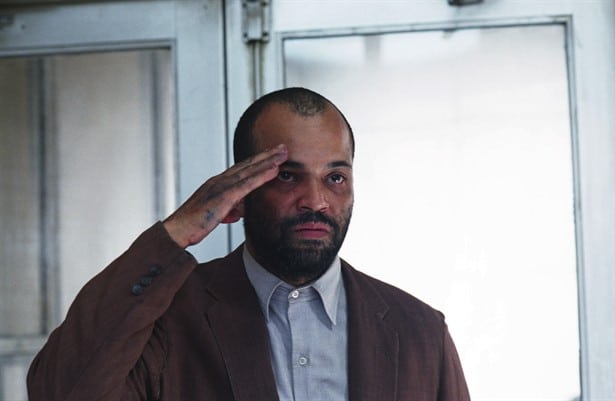

When the men return home and relay this fake story, Raymond is awarded the prestigious Medal of Honor. The rest of the unit, however, is also brainwashed into believing that Raymond single-handedly saved them during an enemy attack. Programmed to obey any orders he hears after seeing the queen of diamonds during a game of solitaire, Raymond brutally kills two of the men in his unit at the research facility while the rest of his men watch. Raymond was chosen to be trained as a sleeper assassin, due to his socially withdrawn demeanor, intense hatred toward his family, and excellent marksmanship. During the War, Shaw's unit was ambushed by Soviet agents, and the men were taken to a secret Soviet psychological research facility. I just need to be better at tracking them down, and I need to stop getting sucked into the stories I already know.“The Manchurian Candidate” revolves around the life of Raymond Shaw, a veteran American sergeant who served in the Korean War. I know they're out there, the fresh tales. I want new stories, new ideas, not retreads. I'm starting to feel that way more and more, about stage and screen and novels.

And it all added up to a couple of questions I couldn't shake: why bother remaking this at all? Why not write something new? Lahr left some things untouched, like the use of solitaire and the Queen of Diamonds, that I think he should have updated given his other changes and updated some things, like shifting from the Korean War (why not make it a period piece?) to the Gulf War, that I think would have been better left untouched. Perhaps I should simply blame the performance of Doug McDade.

His writing of Senator John Iselin felt utterly ridiculous, but we've since had Donald in the White House, so it shouldn't have felt that way (odd that it did. I suppose his choice of villainous nation would have made sense (despite its xenophobia) if his adaptation had come in the early '90s, but by the late nineties the Japanese were far from the USA's bogeyman - even economically. That aside, I can't say that I was terribly impressed by Lahr's adaptation.

There are so many threads to the story, so much jumping in time and space, so many characters, so many actors playing multiple roles, that even folks familiar with listening to old radio shows will struggle to keep up (again, my son is an old hand at radio shows, so. Theatreworks staging of The Manchurian Candidate was not the best method of engaging with John Lahr's stage adaptation of Richard Condon's book, but having seen both film adaptations and read the original, I did have enough foreknowledge to navigate what was otherwise a confusing mess (my teenage son listened with me and he was utterly lost, so I know of what I write). There are so many threads to the story, so much jumping in time and space, so many charact I'll admit that listening to the L.A.


 0 kommentar(er)
0 kommentar(er)
